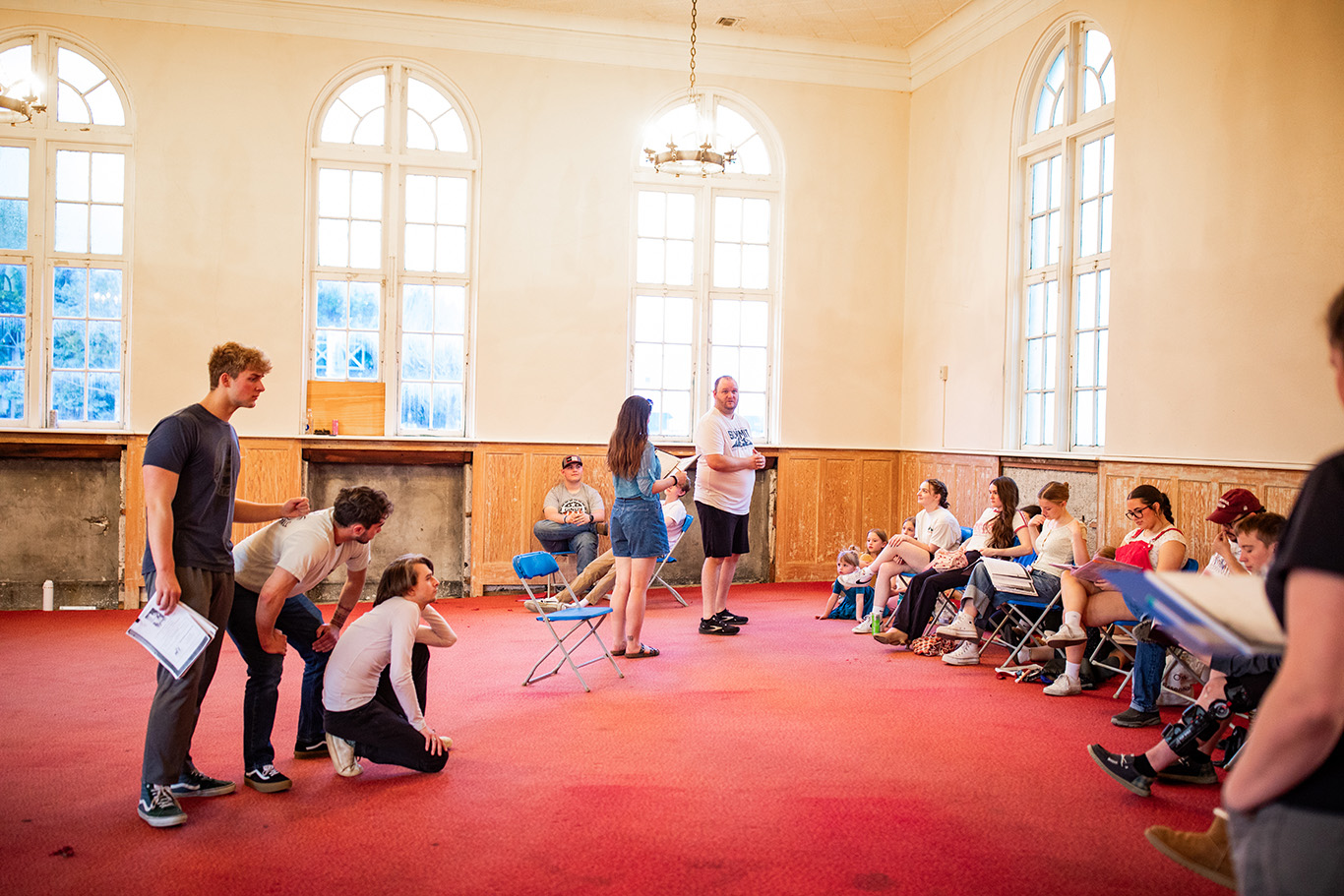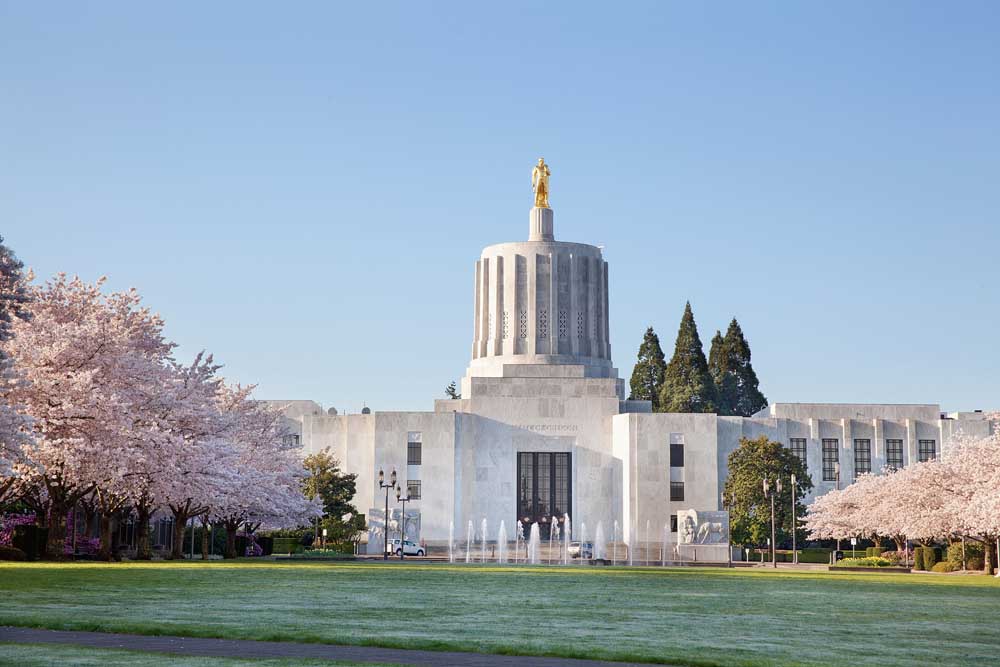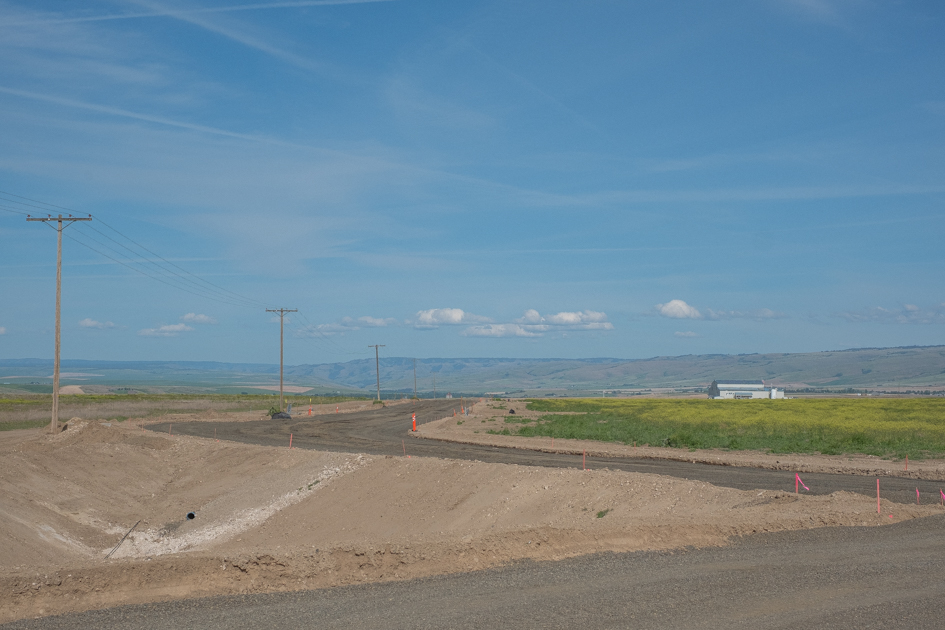Five mental tips for improving your physical well-being
Published 12:00 am Friday, August 16, 2019

- Lisa Flexner is a doctor of physical therapy, a wellness coach and an instructor in the kinesiology program at Oregon State University-Cascades.
As a physical therapist, kinesiology instructor and health coach, I’m often asked “What’s the best exercise?” or “How can I get fit faster?” If you Google those questions, you’ll find a thousand answers. And there’s a reason: there is no one perfect workout.
Instead, research shows a habit of exercise may be more important for long-term health than the exercise itself, according to Health Psychology, a peer-reviewed academic journal. People know how hard it can be to build a habit, but there are evidence-based techniques that can help, according to a study published in the International Journal of Psychology.
Here are a few tricks for exercising your mental muscles to improve your fitness:
Find your why
Wanting to get fit is a nice thought, but it doesn’t pluck your emotional heartstrings. Ask yourself: What will improved fitness and health get me? What grabs me by the gut and won’t let go? Perhaps it’s more time in the garden; your best year yet on the slopes of Mt. Bachelor; taking the family to Hawaii for an adventure; or simply picking up and snuggling your grandson. Exercising is easier when there’s real meaning behind it.
Set your goals
Few people can run a marathon without some sort of training plan. So, start with why you want to do it. Then ask yourself, how long it will take you to get there? What big steps do you need to take? What small steps will build to the bigger ones?
When you work on your goals, be S.M.A.R.T. about them — specific, measurable, action-oriented, realistic, and with a reasonable timeframe. Choose goals that focus on process (I’ll take my dog for a daily 10-minute walk.) rather than outcome (I’m going to lose 10 pounds.). You’ll find it easier to control the process and less of a mental hurdle when something unexpected happens.
Make it fun
Many people schedule workouts, trapping the concept of exercise into an appointment on the calendar labeled gym, and think it only counts if it’s at the gym and the exercise is hard.
But research tells us the most effective exercise over the long term is rhythmic, non-competitive and self-paced — like walking, tai chi or swimming, according to J.J. Coakley’s book, “Sports in Society.” Mountain biking, skiing or even CrossFit can fit the bill, too — as long as you listen to your body and focus on adventure rather than competition. In other words, check your ego at the door.
Injecting play is the next step. There’s a reason playground games are a new adult fitness trend — they miss the fun. Think about what stops you from having fun moving and how to change that. Perhaps you can bring a friend for a hike in Central Oregon’s beautiful region, take a new class at the fitness center, be silly with your 4-year-old, or dance like no one is watching. Play with fun physically and mentally, and see where it takes you.
Sleep
Sleep is one of the most neglected tools for improving health. Research has shown it’s crucial for a person’s mental and physical health and wellness.
Physical strength is created by causing deliberate, minor trauma to muscle tissue during exercise, followed by repair. That repair happens primarily during sleep, so if you’re skipping sleep, you don’t improve your fitness as quickly, and you’re prone to injury.
Sleep is also when we consolidate memories and process and manage emotions — in other words, when we learn and cope — which are key to building a resilient mind and body.
Practice resilience
Resilience is the process of adapting well in the face of adversity, trauma, tragedy, threats or significant sources of stress, according to the American Psychological Association. Regular exercise has been shown to help adults better cope with stress, in part because it helps people build resilience, experts say.
One of my favorite moments with clients is when the physical work they are doing translates into mental resilience. I see the transformation as their bodies learn and grow from exercise that was once difficult and uncomfortable. The confidence they gain from exercise goes with them into other aspects of life, as they embrace difficulty, reframe it as a learning experience and find a path forward. •





